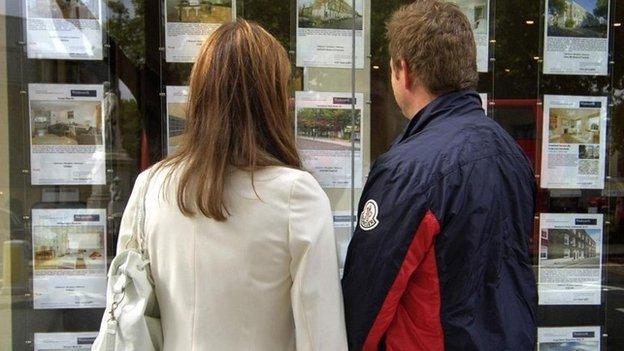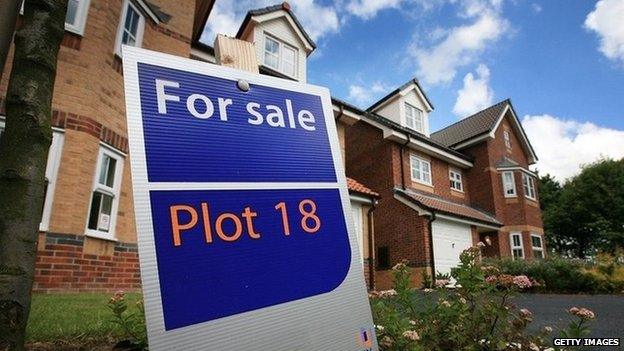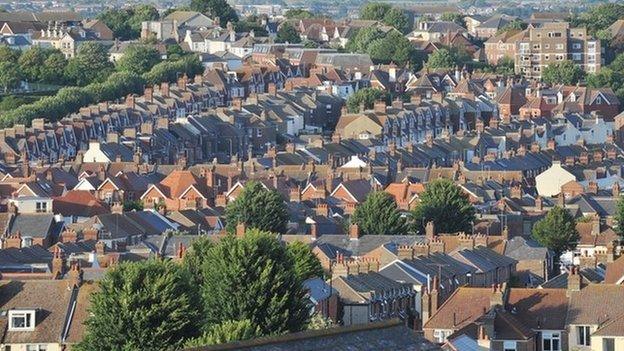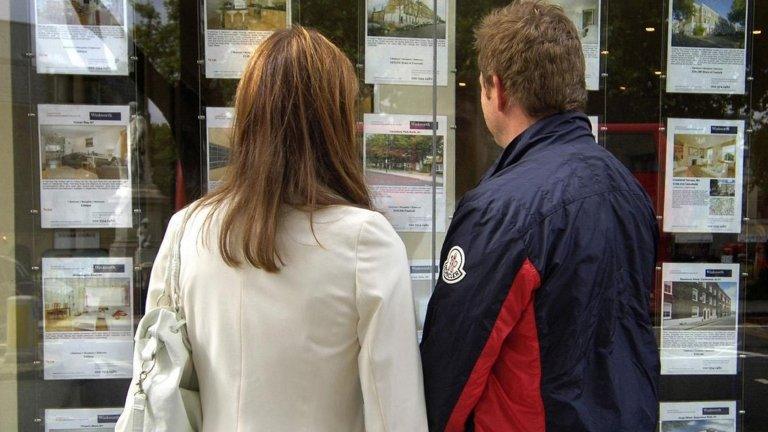Price freeze on more expensive homes following stamp duty switch
- Published

Scotland's more expensive homes will see their prices stick this year as stamp duty is replaced, according to a leading estate agency.
Savill's has reported the market will then adjust, and top-end properties can be expected to see 4% annual increases from next year.
The agency forecast that the mainstream market can be expected to see a rise of 3.5% in values through 2015.
It said this would happen faster than in other parts of the UK.
Another major agency, DJ Alexander, warned buyers not to rush into transactions before the tax changes, as they could spend more that way.
Managing director David Alexander said: "Most vendors will be forced, from 1 April, to drop their prices to make their properties more saleable.
"In all likelihood, it will make more sense to buy after 31 March for anyone seeking a property priced at £750,000 or more."
Savill's specialises in selling up-market property, and said the segment costing more than £400,000 had outperformed the mainstream market in recent years because it was less dependent on mortgages.
Rural areas
Last year, premium city properties rose by 5% in value, though rural area prices fell. The strongest markets were Edinburgh, Glasgow and Aberdeen.
The falling oil price is expected to hit prices in Aberdeen but, at current valuations, Savill's said the city's property market can absorb that in the medium term.
Across Scotland, the agency's report claimed rising prices can be expected to stall this year due to the replacement of stamp duty by the Land and Buildings Transaction Tax (LBTT), set by Holyrood.
Starting from 1 April, it means the transaction tax bill will be higher in Scotland than the rest of Britain for properties changing hands for more than £333,000.
From next year, however, Savill's modelling suggests that price inflation will return, and by 2019 the premium and the mainstream market will have risen by a similar level of 17.5%.
Faisal Choudhry, Savill's head of research in Scotland, said: "Despite the challenges facing the top end, there is a more positive outlook for the Scottish residential property market as a whole, due to the establishment of three important foundations.
"These are the introduction of favourable LBTT rates for the majority of buyers, a dissipation of interest rate fears in the short term and the continuation of gradual economic growth.
"Looking further ahead to 2016, we expect more conventional market conditions to prevail, with mainstream market recovery fuelling buyer activity further up the market from next year onwards.
"The prime market is expected to absorb the turbulence of recent political and taxation challenges and to continue the value growth that had been under way prior to the referendum."
- Published12 February 2015

- Published5 February 2015

- Published3 February 2015

- Published16 January 2014
